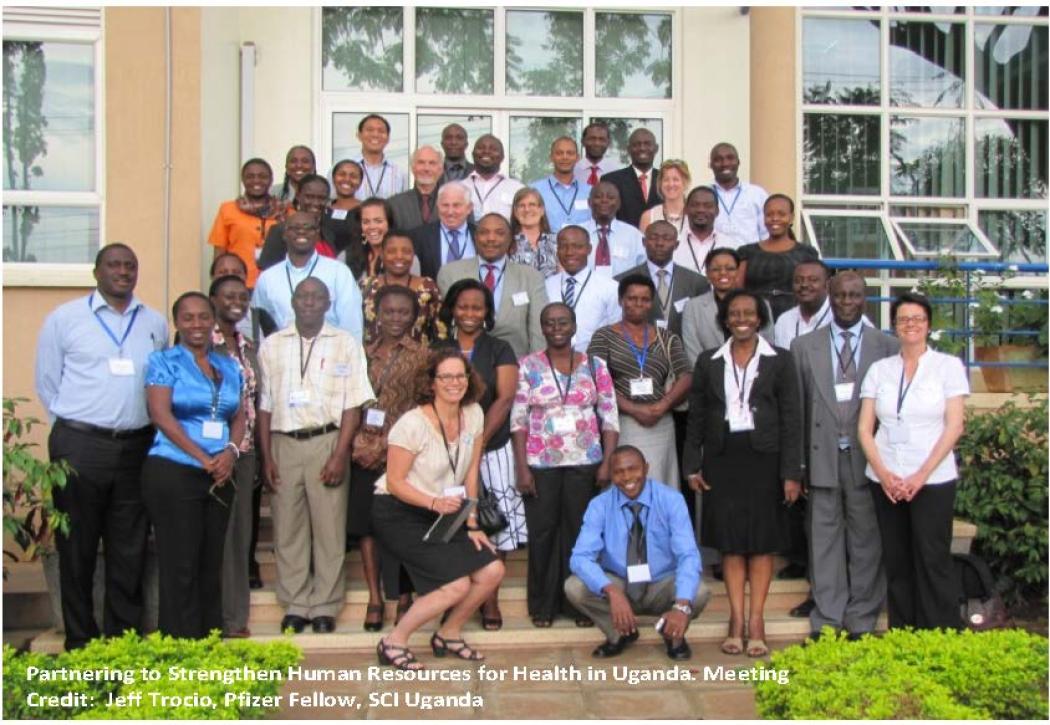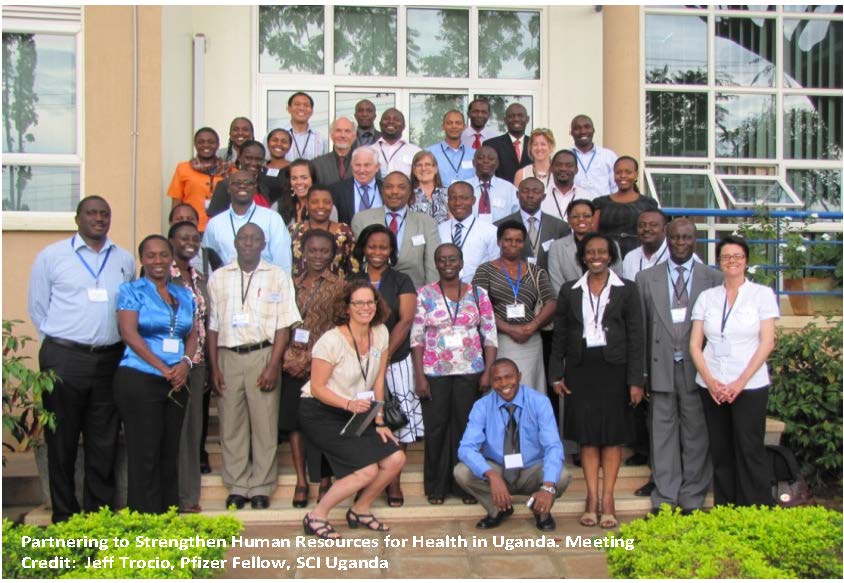Elements of a Successful Partnership

By: Susan O'Halloran MPH, Frontline Health Workers Coalition  Forming a successful partnership takes commitment, work and significant thought. Partnerships can help provide more visibility to an issue using the various partner networks, bring the creative thinking of more people to the table on an issue, and share managerial, technical, communication, implementation and financial tasks, to name a few examples. Partnerships can also be frustrating and a time burden if certain critical pieces are missing. Some of these critical elements are:
Forming a successful partnership takes commitment, work and significant thought. Partnerships can help provide more visibility to an issue using the various partner networks, bring the creative thinking of more people to the table on an issue, and share managerial, technical, communication, implementation and financial tasks, to name a few examples. Partnerships can also be frustrating and a time burden if certain critical pieces are missing. Some of these critical elements are:
- Commitment to a shared goal
- Leadership so that all partners know what is expected of them and how they can contribute to the shared goal and feel their contributions are valued
- Communication so partners have a way to be heard and can also hear from other partners
- Progress toward the shared goal
A new public-private-partnership has formed in Uganda that has tremendous potential to strengthen human resources for health (HRH) in the country. On June 28, 2012, representatives from the US government, Government of Uganda, global corporations, local Uganda companies, Ugandan private health associations and NGOs from the Frontline Health Workers Coalition gathered for the “Partnering to Strengthen Human Resources for Health in Uganda” meeting. The purpose was to engage the private and public sectors, identify priority HRH issues and agree on collaborative actions aligned with the Government of Uganda’s Human Resources for Health (HRH) plan. This might have been just another meeting with some good thought given to the HRH situation in Uganda. What sets this meeting apart is the leadership exhibited at the last session of the day when participants volunteered to form a steering committee and identified a chair to carry the work forward. The group is called Health Works Uganda and the partners all share a commitment to strengthen health capacity in Uganda at all levels. They have two priorities over the next year. The first is to set forth the Health Works Uganda partnership framework and begin to establish systems to keep the partnership functioning. The second is a focus on one of the six priority HRH issues identified – Retention and Motivation of Health Workers, especially frontline health workers. A workplan will be developed within the next two months with specific action steps outlined for the various partners. This exercise will also allow partners to seek out areas for collaboration in order to cut down on duplication of effort. This is a new partnership, but it already has members with shared commitment to the HRH issue in Uganda and leadership. No doubt as the leadership takes the members through the workplan exercise, communication channels and progress benchmarks will be determined. We wish Health Works Uganda much success in their efforts to strengthen human resources for health in Uganda with a public-private-partnership model. Written by: Susan O’Halloran, MPH. Susan is the Director of the Frontline Health Workers Coalition. The Frontline Health Workers Coalition is a dynamic and influential coalition of 25+ NGOs working together to urge greater and more strategic U.S. investment in frontline health workers in the developing world as the most cost-effective way to save lives and foster a healthier, safer and more prosperous world.
